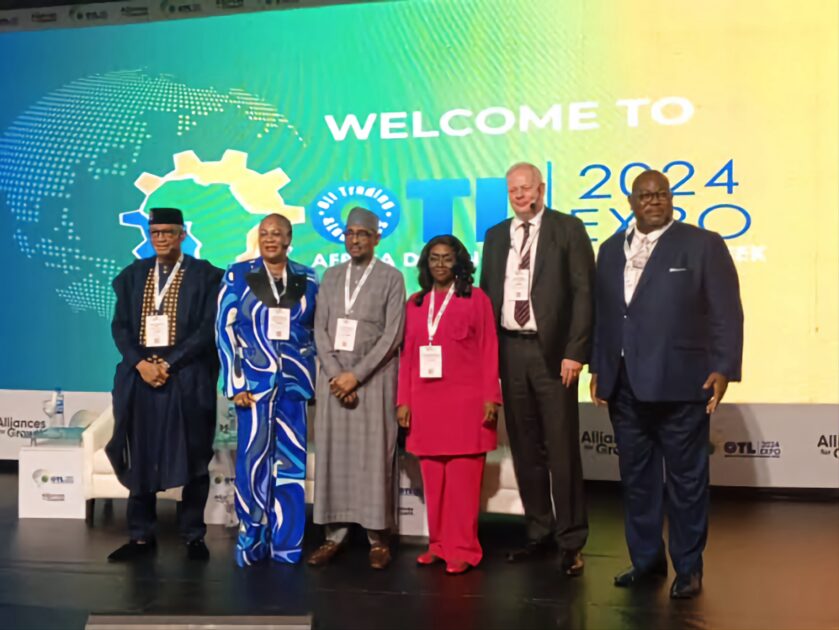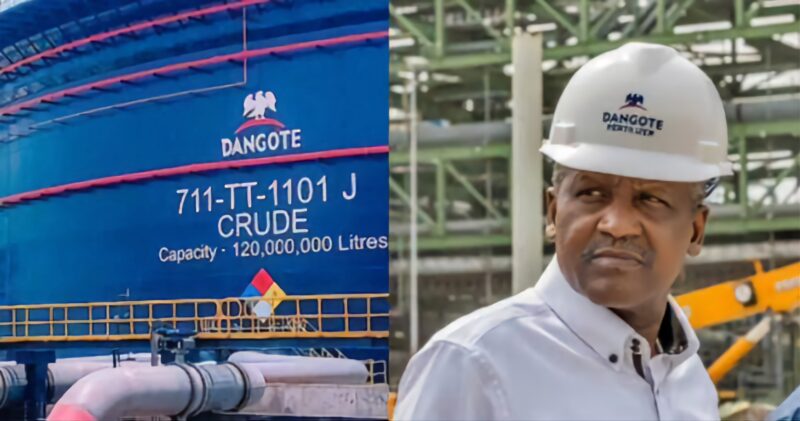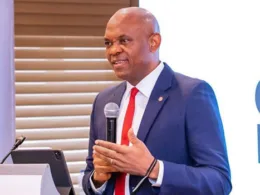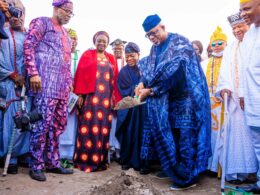Ghana Eyes Dangote Refinery Imports to Boost Energy Security and Strengthen West African Economic Ties
In a move to strengthen energy security and deepen regional ties, the National Petroleum Authority of Ghana (NPA) is looking to import refined petroleum products from Nigeria’s Dangote Refinery. This was revealed by Mustapha Abdul-Hamid, CEO of NPA, during the 2024 OTL Africa Downstream Energy Week in Lagos, themed ‘Alliances for Growth’.

Abdul-Hamid said Ghana aims to reduce its reliance on expensive imports from Europe and instead shift to regional suppliers like the Dangote Refinery, expected to cater to Nigeria’s domestic demand with surplus production available for export.
Ghana Expands Export Ties with Sahel Nations
Ghana has broadened its export agreements to include neighboring countries like Burkina Faso, Mali, and Niger, with strategic partnerships now supplying key international operations, including U.S. military facilities. Abdul-Hamid also highlighted Ghana’s pipeline agreement with Burkina Faso, describing it as a model for effective regional cooperation in energy security.
Unified Currency and Infrastructure Seen as Key to Stability
Both Abdul-Hamid and Oluwatosin Aina, Group Head of Energy at First Bank of Nigeria, stressed the importance of a common currency and integrated infrastructure. Abdul-Hamid suggested that West African nations should consider aligning regulatory policies under the ECOWAS framework to foster seamless trade and reduce reliance on the U.S. dollar, which currently fuels inflation across the region.
Aina added that dollar-based transactions raise operational costs, emphasizing that unified fiscal policies and a regional currency could stabilize African markets, akin to the stability enjoyed by Francophone nations with a shared currency.
Push for Safer and Cost-Effective Transport Options
Highlighting the risks of road transport, Abdul-Hamid proposed shared pipeline infrastructure across West Africa to enhance security and lower costs. He cited Ghana’s policy allowing marketers to share storage facilities as a successful model for encouraging alliances among importers, promoting economic stability.
Call for African Currency to Cut FX Costs
Aina drew parallels with the European Union’s euro model, suggesting that a West African currency could ease currency pressure and stabilize petroleum pricing. She noted that the end of Nigeria’s fuel subsidy has opened new investment avenues in the downstream sector, but dollar-denominated transactions continue to impact regional currencies.
“Stronger Together”: Leaders Urge Unified Approach to Tackle FX Volatility
Abdul-Hamid and Aina concluded by advocating for collaborative fiscal policies, shared infrastructure, and regulatory reforms. By uniting on these fronts, West African nations could overcome currency challenges and provide affordable, stable petroleum supplies for their citizens.










Join our Channel...